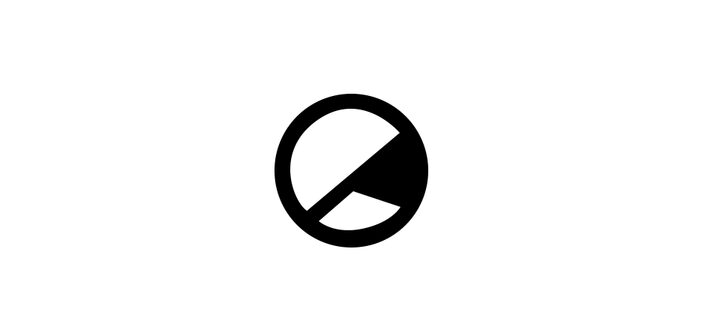In Andrea Harkin's BAFTA nominated short film, The Party reveals itself as one of the most entertaining and shocking depictions of Irish history, not to mention one with a whole lot of heart, and even more talent behind it.
-
8
1998’s ground-breaking Danish effort Festen, otherwise known as The Celebration or, more relevantly, The Party, follows a group of siblings racked by the recent suicide of their sister, punctuated by the revelation of their father’s incestuous abuse as a metaphor for the gradual overturn of a patriarchal regime. 2016’s short Irish effort The Party couldn’t be further away from its namesake’s ancestry, but whilst lacking the innovative techniques of Festen’s Dogme 95 ‘political’ cinematic movement, comes closer to an ideological statement as critiquing the world’s politics proves to be less of a trend than a way of filmic life.
Following man-on-the-run Mickey as he returns home from a night of heavy drinking, dancing and excitement with his friends, the fifteen-minute BAFTA nominated short proves all too short in its portrayal of 1972’s blood-stained Belfast, famous for ‘Bloody Friday’, when the IRA set off a series of deadly bombs in and around the city. The action of the film has its backdrop painted against the attack’s aftermath, as Mickey retreats to his loved ones, suspected of being an accomplice to the attacks, with the habitual threat of being found lingering in the hot air of his arrival and the subsequent celebrations.
Understandably a considerable issue to tackle, fifteen minutes seems quite the odd choice of length, and honestly, a shame, as the film takes such a strong lead into the subject. Without seeming rushed at all, quite the opposite as it takes its time to set up conflict and characters, and lacking in a tacked-on ending, the film instead finds itself at a loss without a sufficient second act. A feature length remake would be wholly appreciated, please.
Still, from the offset, the performances are immediately admirable. As Mickey is escorted to the house in barely believable drag, it’s the quick flicks of the eye that betray their acute uneasiness, the warmth in their shared glances when the friends reunite, the deepening creases along their eyes as they laugh as if the threat was never there to begin with. Paired with a solid script, which only occasionally dips into the ease of careless exposition, carried almost entirely by the strength of performances, the film’s power persists long after the credits roll.
Skipping between the inside world of the party and the empty Irish streets outside, cinematographic talent makes itself abundant in both realms. The smooth red of the early morning as Lawrence walks his love-interest home before kissing her distinguishes itself from the bright green-blue tinge of the party, but as morning hits and reality catches up with them, the colours fade, less distinguished than as blurred as the snowballing action. In fact, much of the film feels like a Denis Villeneuve-ian take on 2015’s Brooklyn’s tone, a slow zoom on the reactions of individuals, on objects and on seemingly indispensable things endowing them with meaning. Again, a feature length expansion would find a fitting place for such meaning, and would situate the film as the latest in an important string of cinematic exploits detailing the conflict of complex Irish history. As for now, The Party renders itself as an important political development in a time of uncertainty, and in that way, perhaps it has more in common with its Festen-esque namesake than at first glance, and absolutely worthy of its BAFTA nomination.
The Party, directed by Andrea Harkin, is released through Fleming Creative.




